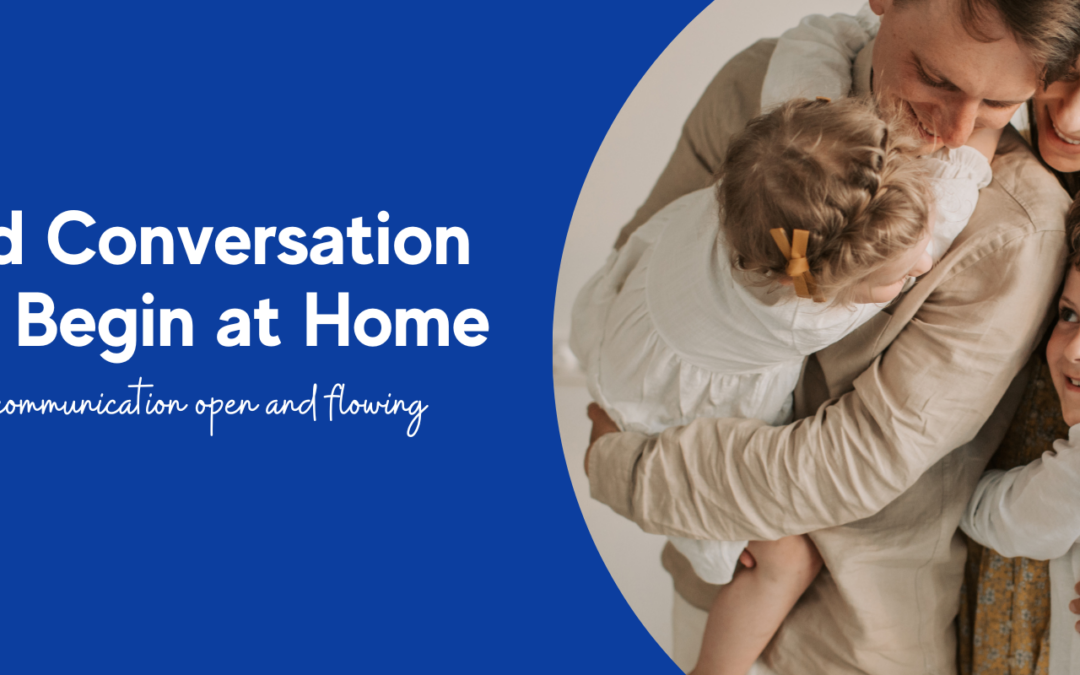Childhood is a time of constant learning and growth. The skills learned in the early years help shape and prepare your child for living in the world. Everyday life provides endless opportunities for your child to observe and practice a variety of practical and social skills.
Practical skills that promote independence might include a young child learning to dress herself, or an older child learning to plan and prepare a meal. Social skills are the foundation of building good relationships with others. Being able to start and hold a conversation with another person or a group is an important social skill, which allows your child to express his own thoughts and opinions, while learning to listen and respect the opinions of others. You can help your child develop good conversation skills through practice. From the time, your child begins to talk, listen with interest to what she has to say. Her self-confidence gets a boost, as she understands that what she says is important to you.
As she gets older, she will see that it is equally important for her to give others the same respect when they are speaking. Allow your child to speak for himself. Let him tell a story in his own words, in his own time. Sometimes it may take him a moment to put his thoughts into words, so resist the urge to jump in. Comment or ask questions to keep the conversation going, but try to ask questions that require more than a yes or no answer. Make time for family conversation whenever you can. Not only is this good practice for your child, but it has the added bonus of bringing the family closer as you each talk about your day or topics of interest. This becomes more important as children get older and spend less time directly with parents.
Keeping communication open and flowing between yourself and your child strengthens your relationship. Mealtime is a perfect time to engage in family conversation. Make sure everyone has the opportunity to share what is on his or her mind. You can keep it fun and interesting by playing word games or picking a silly or thought-provoking topic to discuss.
As your child becomes comfortable participating in conversation, she is learning more than how to express her thoughts. She fine tunes her listening skills and learns to notice non-verbal cues. She gains knowledge, builds vocabulary, and cultivates a sense of humour through conversation with others. She develops empathy and practices respect. All of these skills will continue to serve her well in interactions with others throughout her lifetime.

